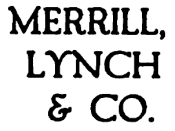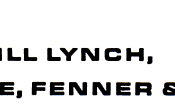Technology and Management Functions
Good management is the art of making problems so interesting and their solutions so constructive that everyone wants to get to work and deal with them. Paul Hawken, Growing a Business.
To my understanding, Management is the art of setting clear goals, drawing the most effective path to achieve the goals (includes identifying task need to be accomplished), dividing work and skillfully motivating others while getting there and having a clear standard to judge the success of each work segment.
A manager is someone who plans, organizes, leads, and controls the people and the work of the organization in such a way that the organization achieves its goals.
The Management Process
Management writers traditionally refer to the manager's four basic functions: planning, organizing, leading, and controlling as the management process.
* Planning. Planning is setting goals and deciding on courses of action,
developing rules and procedures, developing plans (both for the organization and for those who work in it), and forecasting (predicting or projecting what the future holds for the firm) (Dessler, 2001, p.
7).
* Organizing. Organizing is identifying jobs to be done, hiring people to do them, establishing departments, delegating or pushing authority down to subordinates, establishing a chain of command (in other words, channels of authority and communication), and coordinating the work of subordinates (Dessler, 2001, p. 7).
* Leading. Leading means influencing other people to get the job done, maintaining morale, molding company culture, and managing conflicts and communication (Dessler, 2001, p. 7).
* Controlling. Controlling is setting standards (such as sales quotas or quality standards), comparing actual performance with these standards, and then taking corrective action as
Required (Dessler, 2001, p. 8).
Technological Advancemnt affecting Managment
If there are two issues that characterize the challenges twentyfirst-century managers face today, those issues...


